Economist Muhammad Yunus provides examples of how the good work he advocates is happening around the world. He synthesizes the arenas of business and beneficence to produce a hybrid: “social business,” which promotes personal self-sufficiency and the popular good through commercial activities. He believes that even the most impoverished people possess entrepreneurial potential and that selfless, profit-oriented businesspeople are seeking to engage in social business. Yunus argues that the social business concept could result in “zero poverty, zero unemployment and zero net carbon emissions.”
The Microcredit Model
Microcredit is based on a concept that mainstream economists and business leaders assumed couldn’t work. The microcredit model calls for lending small sums of money – without collateral and at reasonable interest rates – to extremely poor women. Microcredit providers do not use attorneys and the courts to seek payment of bad debts. Instead, they rely on community ties and peer pressure to keep borrowers current.
Conventional banking wisdom regards this as a foolhardy business model – a recipe for lenders to lose money fast. Economic theory’s implicit and explicit view of “Capitalist Man” dictates that such an approach would produce a high nonrepayment rate. But conventional wisdom is wrong: Microcredit, which takes a humanist perspective that elevates the “Real Person,” does work.
Launched in 1976 after practical trial-and-error attempts to test its feasibility, the renowned Grameen Bank in Bangladesh now lends more than $2.5 billion a year to nine million women, with a 98.6% repayment rate. Since the Grameen Bank launched its project, microcredit has helped 300 million people worldwide.
How Microcredit...
Muhammad Yunus, PhD, founded the Grameen Bank and the microcredit movement, for which he and the bank jointly received the 2006 Nobel Peace Prize.









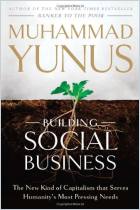
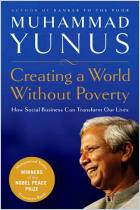
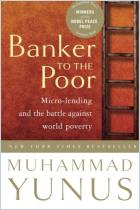
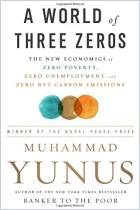
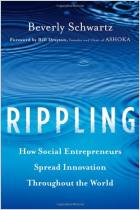
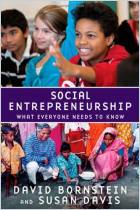
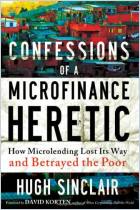
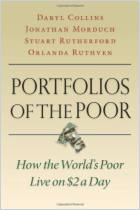
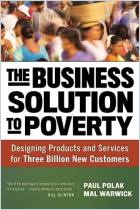







Comment on this summary or Iniciar a Discussão